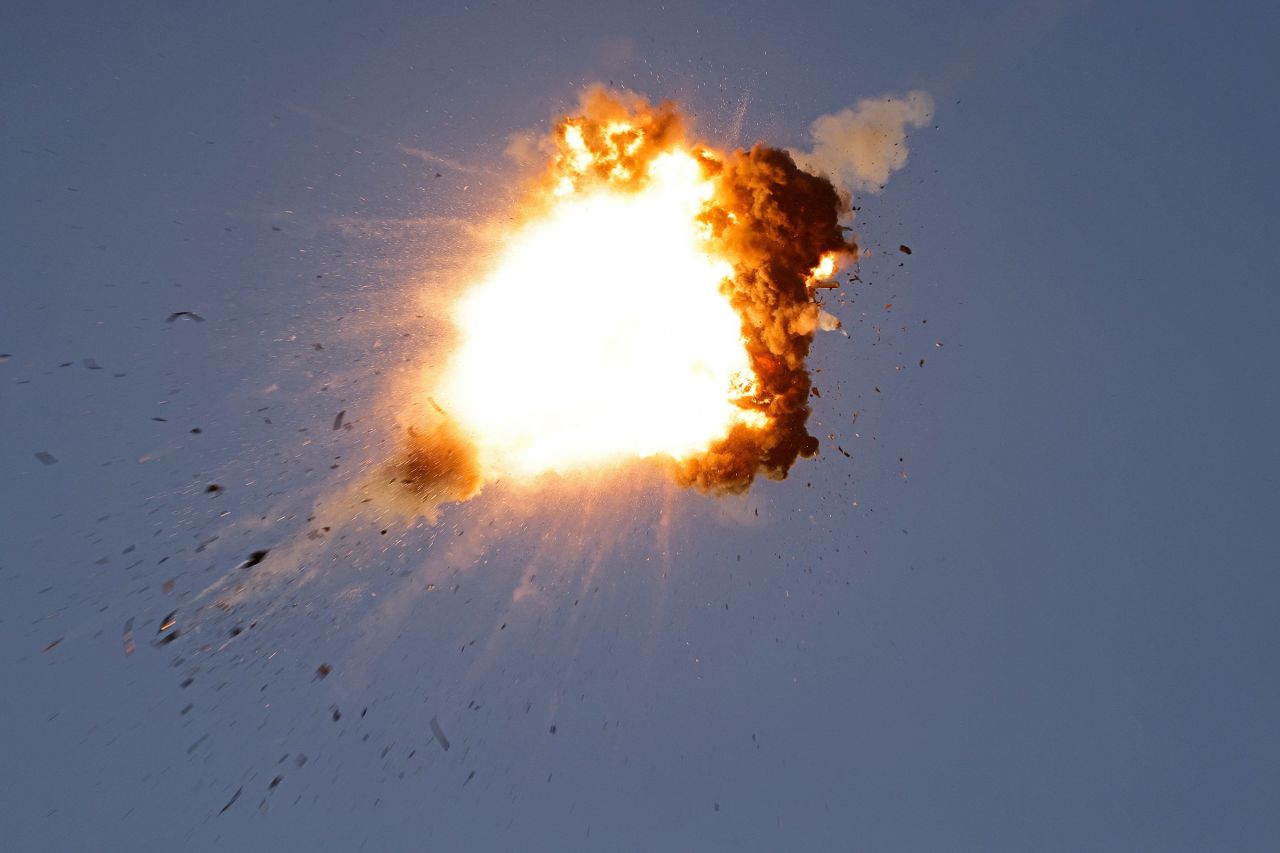
Hezbollah, the Lebanese militant group, recently concluded the first phase of its “revenge” operation against Israel, following the assassination of its leader Fouad Shukr. Despite weeks of fiery rhetoric, the response has been widely criticized for failing to deliver the significant blow Hezbollah promised.
The operation, which involved firing 320 Katyusha rockets into Israel, has been met with disappointment even among Hezbollah’s supporters. Given the group’s arsenal of approximately 140,000 precision-guided missiles, the use of less accurate Katyusha rockets has raised eyebrows. Critics, including some within Hezbollah’s ranks, have questioned the strategic value of such an approach.
Hezbollah’s leader, Hassan Nasrallah, declared the operation a success, claiming it targeted Israeli military bases. However, the impact of these attacks has been minimal, such as news circulating on social media showing one of the “targets” was a poultry farm. The results of the operation have led to skepticism about the group’s actual objectives. Some observers suggest that Hezbollah’s actions were more about maintaining its image than achieving substantial military gains.
The announcement of the “end of phase one” came on the same day that the initial operation was announced, claiming Hezbollah “successfully targeted Israeli military bases deep inside Israel.” Yet these assertions were not backed by evidence or significant impact on the ground. Nasrallah’s statements about avoiding civilian targets and striking military installations near Tel Aviv seem to be more about shaping public perception than reflecting the reality of the operation.
The contrast between Hezbollah’s actions in Syria, where it has shown little restraint, and its measured response to Israel, has sparked debate about the group’s capabilities and intentions. While the operation may have served to keep Hezbollah’s narrative alive, it did little to change the strategic balance, leaving questions about the group’s future credibility as deterrence against Israeli aggression.








